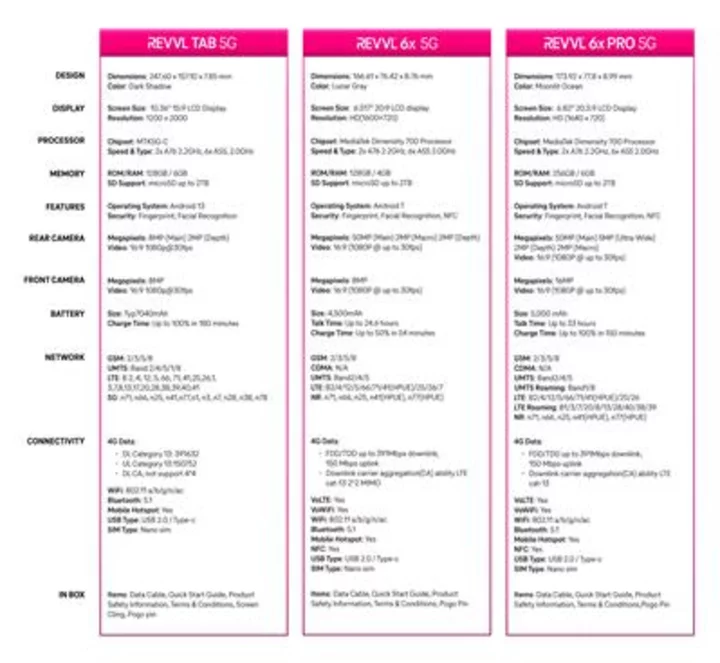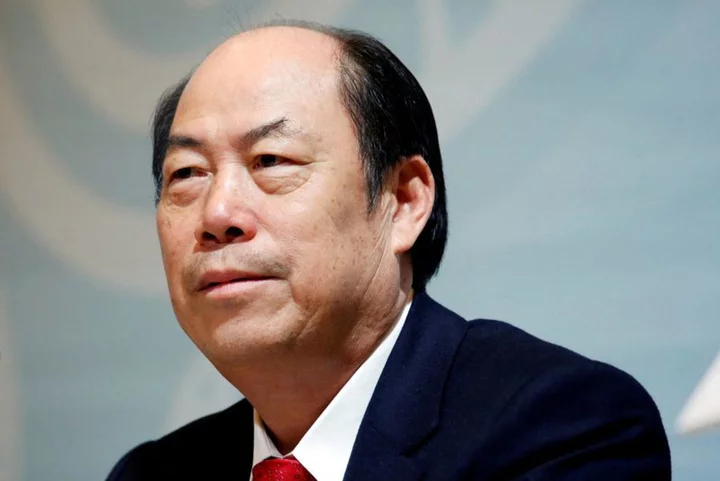New Zealand's government plans to compel large businesses to report the state of their gender pay gaps in a bid to increase equity in the workplace, the country's Minister for Women Jan Tinetti announced Friday as the ruling Labour party gears up for an election fight.
Around 900 businesses with more than 250 employees will be asked to report their gender pay gaps in the proposed legislation, Tinetti said in a statement.
The requirement will eventually be extended over four years to cover companies that employ more than 100 workers, encompassing around 2,700 firms, she added.
"The reality is that women have different experiences in the workplace than men, and change is needed. Requiring companies to publish their gender pay gap will encourage them to address the drivers of those gaps and increase transparency for workers," she said.
Women tend to have similar or better qualifications than men but across the Organisation for Economic Co-operation and Development (OECD) average, there is still a disparity of 12% on full-time workers' median earnings -- with women taking the lower pay.
New Zealand has made progress in its public service sector, with women holding more than half of top tier senior management roles and the gender pay gap has shrunk to a record-low of 7.7%.
In the private sector, around 200 companies including Air New Zealand and Spark voluntarily report or plan to report their gender pay gap, according to Tinetti. However, the gap across the entire economy has stagnated and stood at 9.2% in 2022, according to OECD data.
Other countries such as Australia, Canada and the United Kingdom already have gender pay gap reporting in place, and New Zealand needs to stay in line with international standards to attract highly skilled women to its workforce, Tinetti said.
For every dollar a non-ethnic New Zealand man earned, a female counterpart earned 89 cents, according to a government household survey in 2021. The inequality is even starker among certain ethnic minorities, with Māori women earning 81 cents to the dollar and Pasifika women earning just 75 cents.
The government will consult the public on the legislation, and hopes to seek feedback on the inclusion of reporting ethnicity pay gaps for Māori and Pacific peoples, said associate minister for Workplace Relations and Safety Priyanca Radhakrishnan.
The legislation is yet to be drafted, and with only three weeks of the parliament session left until a general election in October, the requirement will have to be implemented once a new government has formed.
"We've made the decision to announce our plan to introduce a reporting system early in the process so we can ensure that we get wide ranging input from stakeholders to inform the design of the system before legislation outlining the system is drafted," Radhakrishnan added.
New Zealand's ruling Labour government is currently trailing in the polls against the center-right opposition National Party which has historically positioned itself as a lower tax, business-friendly party.
At the beginning of this year leader Jacinda Ardern announced her surprise resignation, saying she didn't believe she had the energy to seek re-election in the October polls.
She was succeeded by Chris Hipkins as prime minister who is now tasked with trying to win the October 14 election.









